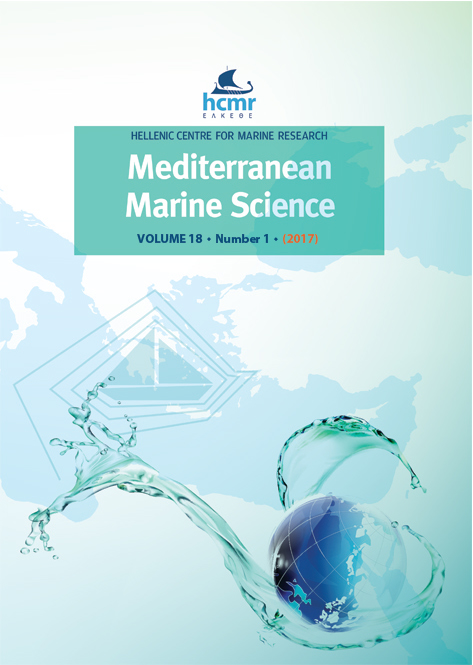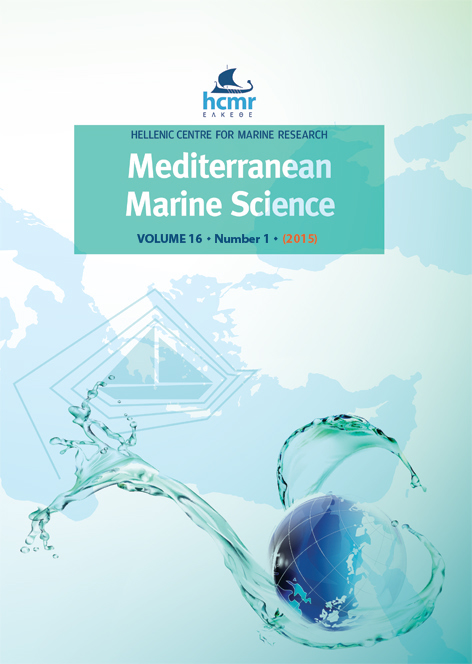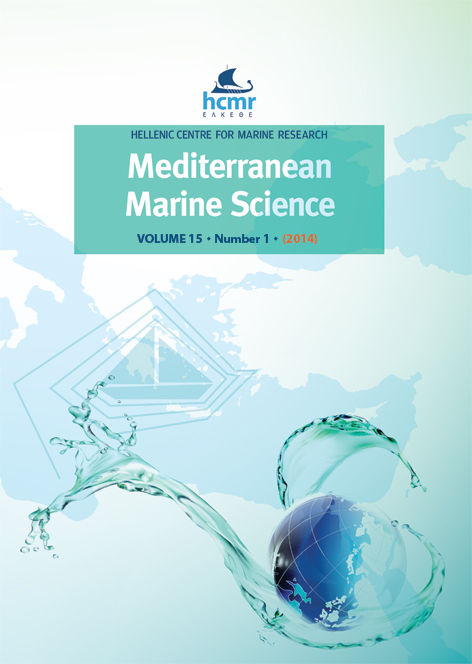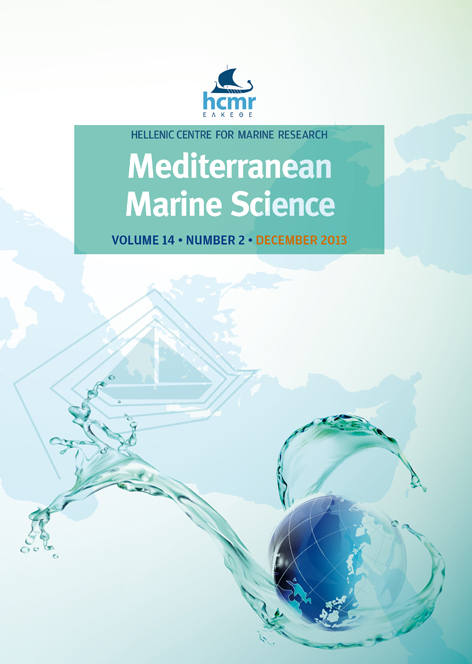A Bayesian population model to estimate changes in the stock size in data poor cases using Mediterranean bogue (Boops boops) and picarel (Spicara smaris) as an example
Résumé
The paper presents an effort to build a biologically realistic, age structured Bayesian model for the stock assessment of data poor fisheries where only aggregated catch data is available. The model is built using prior information from other areas and ecologically or taxonomically similar species. The modeling approach is tested with data poor fisheries on the Cyclades islands in Greek archipelago. The two most important species in the area are selected: bogue (Boops boops) and picarel (Spicara smaris). Both are hermaphroditic. The only data available is the total catch from 1950 to 2010. Information was gathered about natural mortality, recruitment, growth, body size, fecundity, and sex ratio. There were significant problems in finding reliable prior information and a uniform prior was used for fishing mortality. The models at their present stage are not used to give management advice. The biological characteristics of the species in that area should be further studied. However, the posteriors of biological parameters reflect the best available knowledge on these species and they could be used in future studies or in simpler biomass dynamics models as priors.
Article Details
- Comment citer
-
JUNTUNEN, T., TSIKLIRAS, A. C., MANTYNIEMI, S., & STERGIOU, K. I. (2014). A Bayesian population model to estimate changes in the stock size in data poor cases using Mediterranean bogue (Boops boops) and picarel (Spicara smaris) as an example. Mediterranean Marine Science, 15(3), 587–601. https://doi.org/10.12681/mms.567
- Numéro
- Vol 15, No 3 (2014)
- Rubrique
- Research Article
Authors who publish with this journal agree to the following terms:
- Authors retain copyright and grant the journal right of first publication with the work simultaneously licensed under a Creative Commons Attribution Non-Commercial License that allows others to share the work with an acknowledgement of the work's authorship and initial publication in this journal.
- Authors are able to enter into separate, additional contractual arrangements for the non-exclusive distribution of the journal's published version of the work (e.g. post it to an institutional repository or publish it in a book), with an acknowledgement of its initial publication in this journal.
- Authors are permitted and encouraged to post their work online (preferably in institutional repositories or on their website) prior to and during the submission process, as it can lead to productive exchanges, as well as earlier and greater citation of published work (See The Effect of Open Access).









